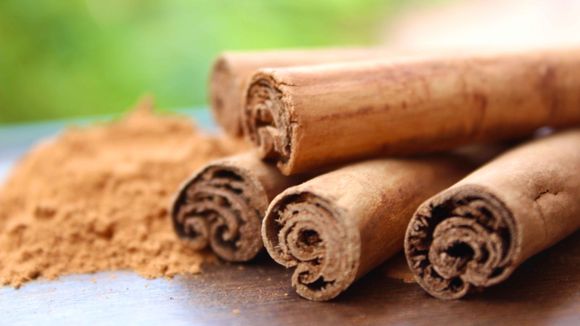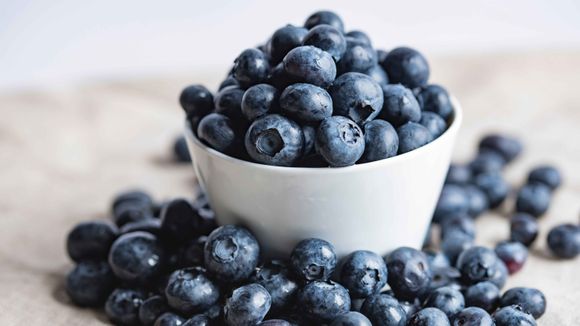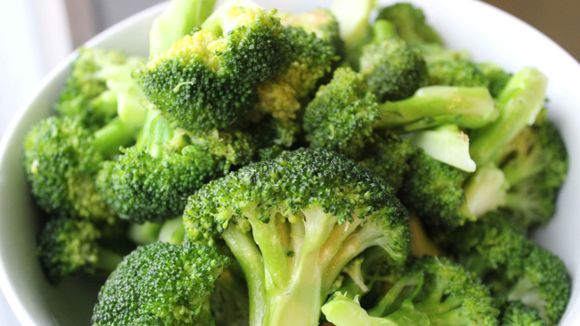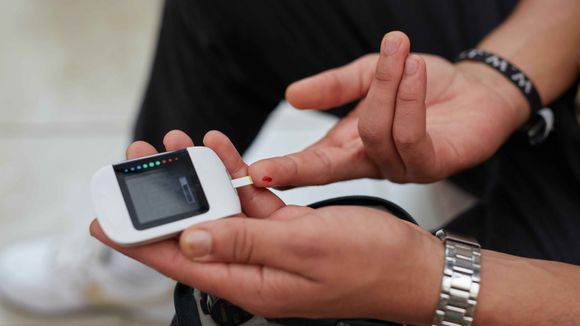1. Excessive Thirst (Polydipsia)
The initial symptom of type 2 diabetes often manifests as excessive thirst, scientifically known as polydipsia. High blood sugar levels trigger increased urination, resulting in dehydration. Research suggests that Gymnema sylvestre, an herb renowned for its blood sugar regulation properties, may offer relief. You can prepare Gymnema tea by steeping 1-2 teaspoons of dried Gymnema leaves in hot water for 5-10 minutes.
2. Frequent Urination (Polyuria)
Frequent urination, or polyuria, is another hallmark of uncontrolled blood sugar levels. Cinnamon (Cinnamomum verum) has garnered attention for its potential to enhance insulin sensitivity and mitigate polyuria. Incorporate cinnamon into your diet by sprinkling it on oatmeal or brewing cinnamon-spiced tea.

Photo by Rens D on Unsplash
3. Unexplained Weight Loss
Sudden, unexplained weight loss may signal undiagnosed type 2 diabetes. The body resorts to burning fat for energy when it cannot utilize sugar properly. Fenugreek (Trigonella foenum-graecum) seeds have demonstrated the ability to regulate blood sugar levels and reduce appetite. Try infusing fenugreek seeds in coconut oil for a versatile, diabetes-friendly oil suitable for cooking or topical application.
4. Fatigue and Weakness
Chronic fatigue and weakness can severely impact daily life for those with diabetes. Bitter melon (Momordica charantia) offers potential relief, thanks to compounds that enhance insulin sensitivity and lower blood sugar. Incorporate this vegetable into your diet by stir-frying it with garlic and soy sauce.
5. Blurry Vision
High blood sugar levels can cause blurry vision due to changes in the eye's lens. To support eye health, consider Bilberry (Vaccinium myrtillus) extract, rich in antioxidants that protect the eyes. Create a bilberry smoothie by blending frozen bilberries with yogurt and honey.

Photo by Joanna Kosinska on Unsplash
6. Slow Wound Healing
Impaired wound healing is a common complication of diabetes. Aloe vera (Aloe barbadensis miller) gel, with its natural antibacterial and anti-inflammatory properties, can promote faster healing when applied topically.
7. Numbness or Tingling (Neuropathy)
Diabetic neuropathy can cause numbness or tingling in extremities. Alpha-lipoic acid, found in foods like spinach and broccoli, may alleviate neuropathic symptoms due to its antioxidant properties.

Photo by Tyrrell Fitness And Nutrition on Unsplash
8. Increased Hunger (Polyphagia)
Polyphagia, or increased hunger, results from the body's inability to utilize glucose efficiently. Fenugreek can help control appetite and regulate blood sugar levels when integrated into your diet.
Anticancer Properties
Several natural remedies mentioned earlier, such as cinnamon and bitter melon, are also associated with potential anticancer properties. These compounds can inhibit cancer cell growth, providing an additional health benefit.
Questions and Answers
Q: Is it possible to reverse type 2 diabetes with natural remedies?
A: While natural remedies can aid in managing type 2 diabetes, complete reversal may not be guaranteed for everyone. Lifestyle changes, including diet and exercise, are integral to diabetes management.
Q: What foods should individuals with type 2 diabetes avoid?
A: Limit foods high in sugar, refined carbohydrates, and saturated fats. Focus on a balanced diet rich in vegetables, lean proteins, and whole grains.
Q: Can herbal remedies interact with diabetes medications?
A: Yes, some herbs may interact with diabetes medications. Consult a healthcare provider before incorporating herbal remedies into your regimen, especially if taking medications.
Q: Are there lifestyle changes that can prevent type 2 diabetes?
A: Maintaining a healthy weight, regular physical activity, and a balanced diet can significantly reduce the risk of developing type 2 diabetes.
Q: How often should individuals with diabetes monitor their blood sugar levels?
A: Monitoring frequency varies based on individual circumstances. Generally, follow healthcare provider recommendations, which may include daily or less frequent checks depending on control and treatment type.
References
- Effect of Gymnema sylvestre on glucose metabolism in rats.
- Cinnamon improves glucose and lipids of people with type 2 diabetes.
- Effect of fenugreek seeds on blood glucose and lipid profiles in type 2 diabetic patients.
- Momordica charantia: A Review of its Ethno-medicinal, Phytochemical, Pharmacological, and Toxicological Properties.
- Bilberry (Vaccinium myrtillus L.)
- Aloe vera: A Short Review.
- Alpha-lipoic acid in the treatment of diabetic peripheral and cardiac autonomic neuropathy.
- Anticancer Potential of Bitter Melon Extract: Current Updates.









